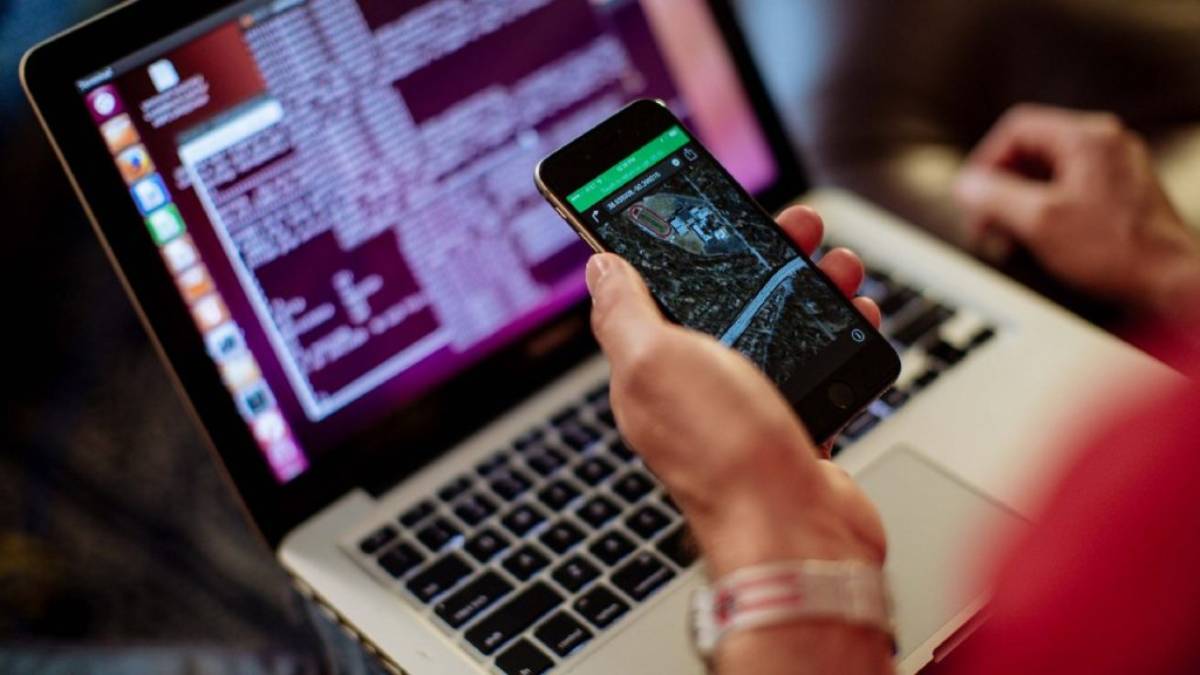Being hacked is unpleasant. It’s not even about attackers stealing your money, it’s about privacy breaches. They can pull any data from your computer or smartphone, including material that compromises you. If you haven’t already thought about the security of your electronic devices, now is the time, because ordinary users are increasingly being attacked because of the proliferation of handheld devices that contain everything attackers need. Of course, you can feel protected while gambling at an online casino Deutschland or watching Netflix movies, but what about other platforms?
Table of Contents
Putting the Same Password Everywhere
We’re not even going to talk about the completely ridiculous error like password 12345 or qwerty, although many people do it, and in most modern systems it’s even impossible to enter such a code – you’ll get an error about insufficient complexity of the password. Another thing is a complex password that applies to all systems at once. If you use the same password for email, social networks, unlocking your smartphone and so on, an intruder just needs to know just one combination to gain access to all your data.
What to do in this case? Use similar, but still different passwords. For example, in one social network your password would be loveyou12345$Love you, and in another loveyou123456$loveyou. It would seem that there is almost no difference, but even a software search of the combinations would take a huge amount of time, and an intruder would not care so much about it.
Downloading Content From Torrents
The problem is that there are very few altruists in this world, and it’s quite time consuming and expensive to spend days on end at your computer, writing code and implementing it so that the antivirus doesn’t work. Do you think that many of the people in charge of hacking and posting software would do that out of faith in the free distribution of content? As if they wouldn’t.
It’s not uncommon for hacked programs and games to embed malicious code that masquerades as a common security “pill”. The most harmless thing you can get with hacked software is a stealthy miner that loads the system 100%. This doesn’t mean that you have to rush out to buy expensive software that costs an unfair amount of money for the average person. There are free open source analogues which are really enthusiastically written. And, importantly, because of the open source, you can easily check for malicious strings.
Logging Into Your Accounts From Other People’s Devices
There are people who use their accounts on other people’s devices and then forget to log out of them or click the save password button in a pop-up window. we’re talking about something else, which is logging in from another device itself. You don’t know how or through what the traffic is on an unfamiliar device. In addition, traces of your password can be tracked by an intruder through that traffic. In general, you should not enter passwords on any devices other than your own, or those that you trust, and even then, with caution. Who knows in whose hands your brother’s or friend’s laptop might fall, where you logged into the social network.
Installing Software and Not Checking the Permissions
This is true for smartphones. For some strange reason, even a calculator might ask you for permission to make phone calls, text and access settings. Why it would do this is unclear, but it looks like an opportunity for data collection. Not all apps are scrutinized, and some that look quite trustworthy can collect information about you, and the functionality itself is just a cover for it. Of course, you don’t have to get paranoid and not install any apps, just keep an eye on what they ask for and deny access to functionality that such programs are not supposed to need.


